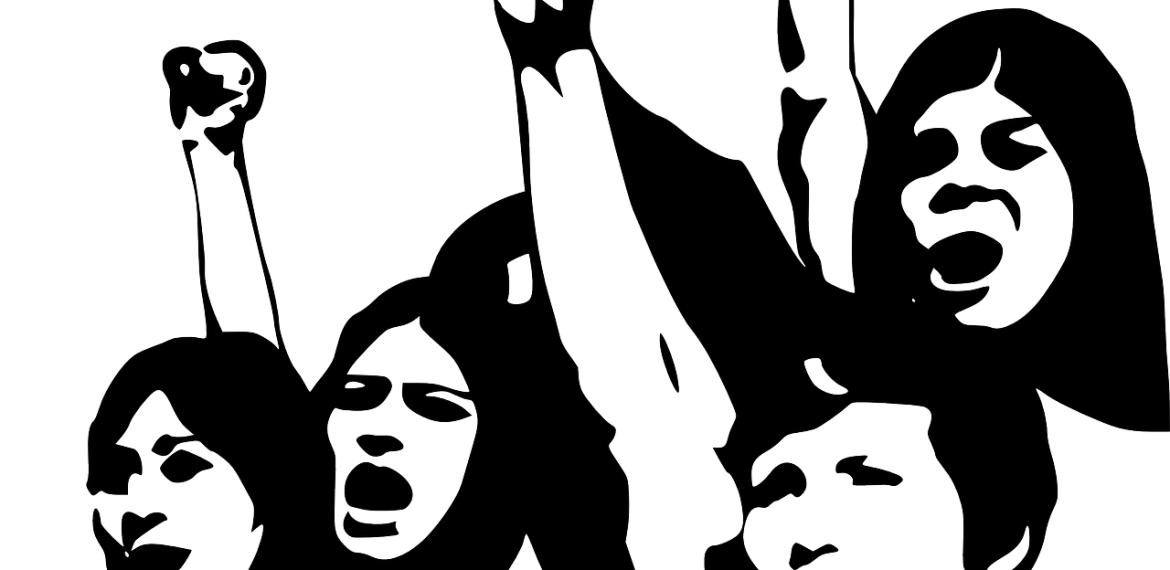As the recent wave of youth-led protests surge across the country, Indian civil society seems to have come of age in demanding accountability from the government. Political scientists and keen observers have often deplored the mere procedural nature of Indian democracy where democratic participation amounts to the ritual of voting. However, recent mass mobilisations, mostly in urban areas, herald an active civil society, practicing “everyday democracy” in streets. Most notably, the protests are concerned with state coercion and citizenship rights.
Below is an excerpt from the Minoo Masani piece on Citizenship, first published in 1969. In this piece, Masani deplored the inefficient state capacity, made case for a strong but limited government, and exhorted the youth to actively engage with democracy in the domain of civil society. Many of his arguments are still relevant as prescriptions for strengthening Indian democracy.
What are the causes of decay in our public life? I think I would analyse it under three or four major heads. One is the reluctance to be in opposition. Everyone wants to be in power or office today or tomorrow. Normally, parliamentary democracy functions in countries where 40 per cent of the country’s politicians are prepared to be in opposition at any given time. About 60 per cent are in office, about 40 per cent in Opposition. This is the law of democratic politics. But not in India. In India, 90 per cent of the politicians must be in the office at any given time! This, I suppose, was the basic reason why the Congress Party rejected Gandhiji’s advice on the achievement of Independence when he suggested that the Congress retire from political life, become a constructive organisation and that two parties be formed – a radical one under Jawaharlal Nehru, a conservative one under Vallabhbhai Patel. Both sides rejected the advice because both wanted to be in office at the same time.
A second basic factor is that the party, which is a means to an end, has become an end to itself. Not only “my country right or wrong”, but “my party right or wrong”. Politics is about power, but power is not an end in itself. Power is for the purpose of carrying out your principles and your policies. Now, it has become power for its own sake; office for its own sake. Nothing is more painful to me than to watch my friends in the office today – old friends of the Congress Party to which I once belonged.
A third reason for the decay of our politics is the cult of personality – the preoccupation with men rather than with measures, with personalities rather than with principles. “Will Mr Kamaraj Nadar get into the cabinet” is a question I am asked more often by my fellow intelligentsia than any other question concerning this country. But what does it matter whether Mr Kamaraj Nadar is in the Cabinet or not? Do you think it will make two annas worth of difference to the life of the common man in India?
Lastly, there is the fact of an illiterate electorate – not that illiterate people are stupid, but illiterate people are difficult to communicate with since they can’t read, your manifesto doesn’t touch them, you can’t write to them. You can meet only a few persons, you can attend a few public meetings. The radio is under government control, T.V. will be under government control. The channels of communication, the conveyor belt, is missing. This, of course, makes for the quality of the politician being what it is.
Now, we as a people have some very strong points. We have love of religion, love of the family, and the home, love of the land, patience, contentment, perhaps even resignation with our individual lot, a high degree of intelligence, strong individualism – these are very fine traits of the Indian character.
The full article could be accessed here. (page 51)
To read more works by Minoo Masani, click here.

